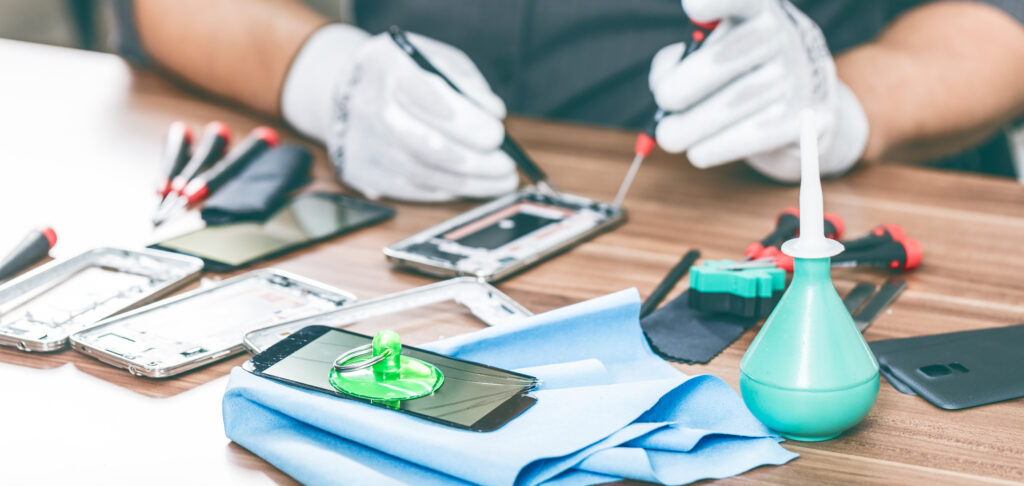Your Freedom May Be In Your Phone!
Call today for a free consultation:
661-927-7268
1412 17th St Suite 361C, Bakersfield, CA 93301

What is on my phone?
Cell phones can contain a variety of evidence, including:
-
Call logs: The call log on a cell phone can provide information about calls made and received, including the phone numbers involved, the duration of the calls, and the times and dates of the calls.
-
Text messages: Text messages can be found on a cell phone and can provide valuable information about conversations and interactions between individuals.
-
Internet browsing history: A cell phone’s browsing history can show what websites have been visited and can provide information about the user’s interests and activities.
-
Location data: Many cell phones can track the user’s location, which can be useful in investigations and can provide information about a person’s movements and activities.
-
Contacts: A cell phone’s contact list can provide information about the user’s friends, family members, and business associates.
-
Photos and videos: Cell phones often contain photos and videos, which can provide evidence of activities, people, and locations.
-
Social media apps: Social media apps such as Facebook, Instagram, and Twitter can be accessed on cell phones and can provide information about a user’s online interactions and activities.
-
WiFi connections: Cell phones often connect automatically to existing WiFi connections, which can provide evidence to establish location. Many cell phones also automatically connect to open WiFi connections, even when the phone is not being used. This can yield valuable information about where the phone was at any given time.
-
Bluetooth connections: Cell phones are often programmed to automatically connect to a vehicle’s Bluetooth system, which can be used to determine who used the vehicle and when. Similarly, many desktop computers and other stationary appliances use Bluetooth, which may automatically connect to a cell phone and be used to help establish the presence of the phone’s owner during a critical time.
What more is there to discover?
Cell tower records, also known as cell site location information (CSLI), can provide valuable evidence in criminal investigations and other legal cases. Some of the types of evidence that can be found from cell tower records include:
-
Call records: Cell tower records can provide information about incoming and outgoing calls, including the phone numbers involved, the duration of the call, and the location of the cell tower used.
-
Text message records: Cell tower records can also provide information about text messages sent and received, including the phone numbers involved and the location of the cell tower used.
-
Location information: Cell tower records can provide information about the location of a cell phone at the time of a call or text message. This information can be used to determine a person’s whereabouts, which can be useful in investigations. Further, even if the phone is not used, it is often possible to establish a location based on which cell towers the phone connects to.
-
Connection history: Cell tower records can also provide information about a phone’s connection history, including the date, time, and duration of each connection.
-
Network performance data: Cell tower records can also include data about network performance, such as signal strength, call quality, and data transfer rates.
Licensed Private Investigator # PI17963